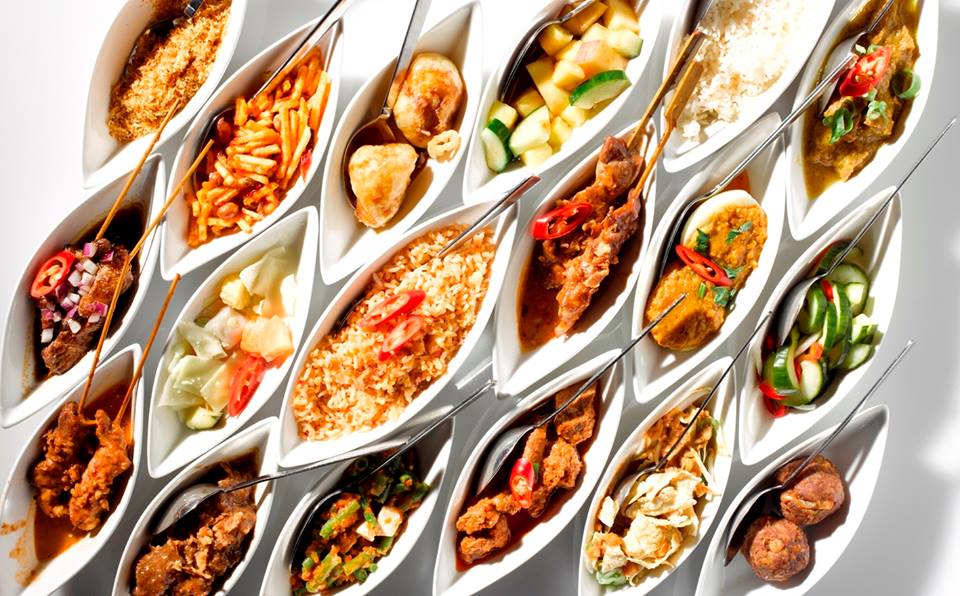One of the best things, or maybe the best thing, about teaching Food Narratives at the New School is learning about the customs and cultures of the students. Over the years I’ve had students from all over the United States plus Israel, India, Thailand, the Philippines, China, Brazil, and elsewhere. I’ve had American-born students with strong ties to their Syrian, Korean, Haitian, and Italian heritages.
And it’s not just the nationalities that are represented. This semester, in addition to having students enrolled in the New School’s celebrated Food Studies program, other of my students are pursuing degrees in fashion design, illustration, drama, and music. My youngest student is 19; two are sixty, one of whom spent 30 years in the military before becoming a professional chef.
This mix of backgrounds and disciplines would be interesting in any classroom; imagine what each of these students brings to our discussions of food and culture.
Here’s an example: One of the stories we study is The Pas de Trois of the Chef, the Waiter, and the Customer by the underrated Robert Sheckley. It is a story I encountered as a college student myself. The narrative is told three times over, each from the perspective of one of the title characters. The action takes place in The Green Jade Moon, an Indonesian restaurant in Ibiza that specializes in rijsttafel or “rice-table,” a Dutch-Indonesian invention comprising 15-20 small dishes around a centerpiece of rice.
The first time I taught “Pas de Trois . . .,” I couldn’t have planned it better: two students were recent arrivals from the Philippines able to both confirm the authenticity of Sheckly’s depiction of Indonesian dishes and to educate the class generally about the foods and cooking methods of their home country.
A couple of weeks ago, Rozanne Gold, the award-winning chef, cookbook author, journalist, and philanthropist, visited to talk about the language of food and menus and the physiology of taste, subjects about which she is an expert. To say that Gold is a superstar in the world of gastronomy would not be an overstatement and I think my students realized how lucky they were to spend time with her.
As an added treat, Rozanne brought her signature Venetian Wine Cake, a fragrant, flavorful cake that she bakes daily and the recipe for which is a closely held secret. She passed the cake around the room, instructing students to describe it based on its observable qualities. As the dish moved from hands to hands, I watched my students faces and listened to them sighing with pleasure as they experienced its inscrutable scent and like code-breakers tried to decipher its ingredients.
M., from Bombay, leaned in and inhaled deeply. All at once the expression that crossed her face changed from surprise to recognition to sadness. “It smells like home!” she said. “It smells like something we make at home!” She was thinking of ghewar, a confection from northern India, typically made in the fall, for which the ingredients and method of preparation have little in common with Gold’s cake. And yet there was no denying M’s unmediated reaction; one whiff and for an instant she was home. The link between scent and memory made manifest.
As I write this I’m at my mother’s bedside, in a hospital in New Jersey. She is 90 and has decided to refuse tests and treatments for metastatic cancer. This means only one outcome and I am unspeakably sad. I’m reminded of Chang-Rae Lee’s essay “Coming Home Again.” My friend, the poet Angela Ball, recommended it to me years ago and it is the first reading assignment of the semester. Lee writes about his experience of cooking Korean food for his dying mother, food that she mostly declines as she approaches the end of her life.
When we discuss Lee’s essay, we focus on his masterful use of language and his storytelling ability. We talk about the food, and how a first generation immigrant might reject the food of her parents as she tries to assimilate. In that sense, it is a universal American story.
We skirt around a discussion of grief and death but this year, one of the older students was touched by the essay and spoke emphatically about the importance of getting to know our parents before it is too late. He described his regret at failing to do so with his own mother. “I’m telling you,” he said, “If you don’t you’ll be sorry.” To most of the students, who are young and who haven’t yet faced such a loss, he was describing an abstraction and they had nothing to add. But in the months since, as my own mother’s health deteriorated, I have often thought of his remarks and have done my best to heed his advice.
featured image via https://restaurantblauw.nl


Comments are closed.